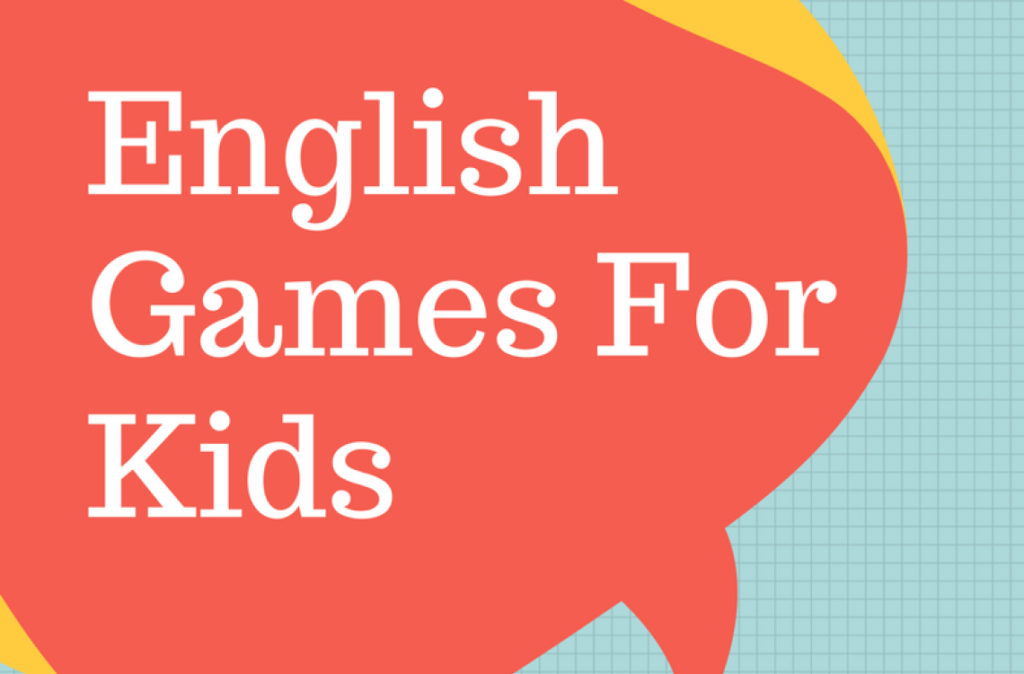Do Not Put your Toys Away
It may be common occurrence for kids to hear their parents go, “Put your toys away. Take out your books and start revising”. Try envisioning that dread in those poor little souls. Parents do need to realize that play is far more important than they think. Toys and games do not just pose as pure fun. They are also important tools that help children learn, grow and develop. On first thought, parents may only connect play with those little muscles and developing fine motor skills.
Language Time, Fun Time
Highlighted
What about learning a language such as English or Bahasa Malaysia? Be it trying to learn their first language or pick up a second language, games and fun activities are a vital part of the learning process. When children have fun, learning and perfecting a language becomes effortless. Parents would not even need to yell across the room to remind them to revise and practice anymore. That is bliss. It forges friendships and helps children become more socially confident to boot.
Whether you are a teacher trying to spice up things in the class or a parent trying to support children in learning English, or any new foreign language for that matter, here are a few categorized games to get them started. They do not cost a dime and are all screen-free!
Writing and Spelling Games
-
Hangman
This one never gets old and tests the kids how well they know their spelling. Simply on the whiteboard or with a pencil and a piece of paper, students will have to guess the alphabets on the empty dashes to form a word. Every time a player makes a wrong guess, one element of a stick figure hanged man will be drawn as a tally mark. If the players fail to guess the word after the opponent completes the diagram, they lose. So, it is always good to read up on an everyday basis and know those words, a section which we will dwell into at the bottom section.
-
Word Jumble Race
This game goes beyond writing and spelling, it is also fantastic for practising tenses, grammar and reading. Children will race to form a complete sentence out of jumbled up words written on broken pieces of paper.
Listening Games
-
Simon Says
This tops my list of favourite classroom games as a kid in school. One player will take on the role of “Simon” and the rest of the players will carry out instructions given by “Simon” that is prefaced with “Simon says”. If players do not do as told or carry out instructions that were commanded with “Simon says”, they will be eliminated. It can be quite a workout if “Simon says” play air guitar followed by waddle like a penguin and dance to the cha-cha.
-
Where Shall I Go?
My most vivid recollection of summer school camp comprises this game. Talk about the adventure of trying to avoid crashing into big tree trunks and slipping into streams. This game can be tamed by having children play it indoors, using chairs and tables to make up the maze. To play this game, have children form pairs and blindfold one child. The other child will then guide the blindfolded child through the maze with directions such as five steps to the left, turn right and step over a stack of books.
Communication and Interactive Games
-
Miming and Pictionary
These games are great to help kids practice their vocabulary and pronunciation. One player either draws out the word or performs the action and the rest of the team shouts out their guesses. Of course, the first team to get the right answer wins the point.
-
Role-playing
Engaging kids in games that involve role-playing is intellectually stimulating. Kids will strike a conversation around a theme and this can help kids brush up their speaking skills. Players may take on the role of different career professionals, animals or even fantasy characters; it is as far as their imagination can take them.
Reading Game
-
Treasure Hunt
Do not forget the power to build vocabulary and learn grammar through reading, even if it is just reading short, simple instructions off the clues in a treasure hunt game.
Other Games
This is only just the tip of the iceberg when it comes to integrating language learning with fun. Words can be conjoined to form songs and nursery rhymes, jokes and riddles, and stories. The sky is the limit here as these games can be adapted to incorporate different languages including Bahasa Malaysia or even French and Spanish if those tickle your fancy; these games can also be adapted to all age groups and skill levels. Have fun encouraging your students or children to be more eloquent within a fun learning environment!
